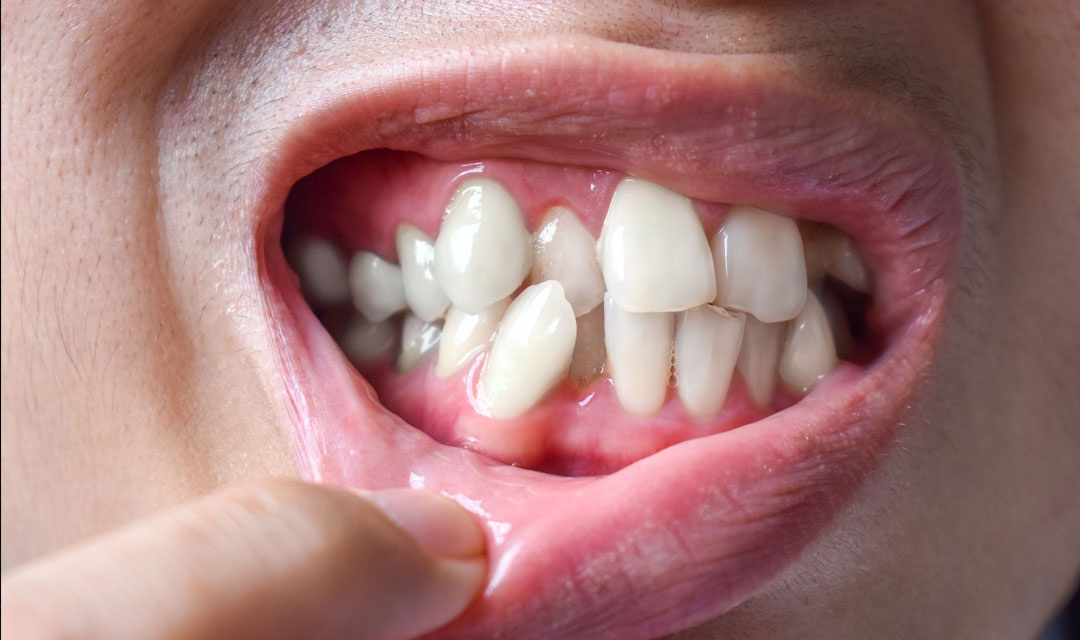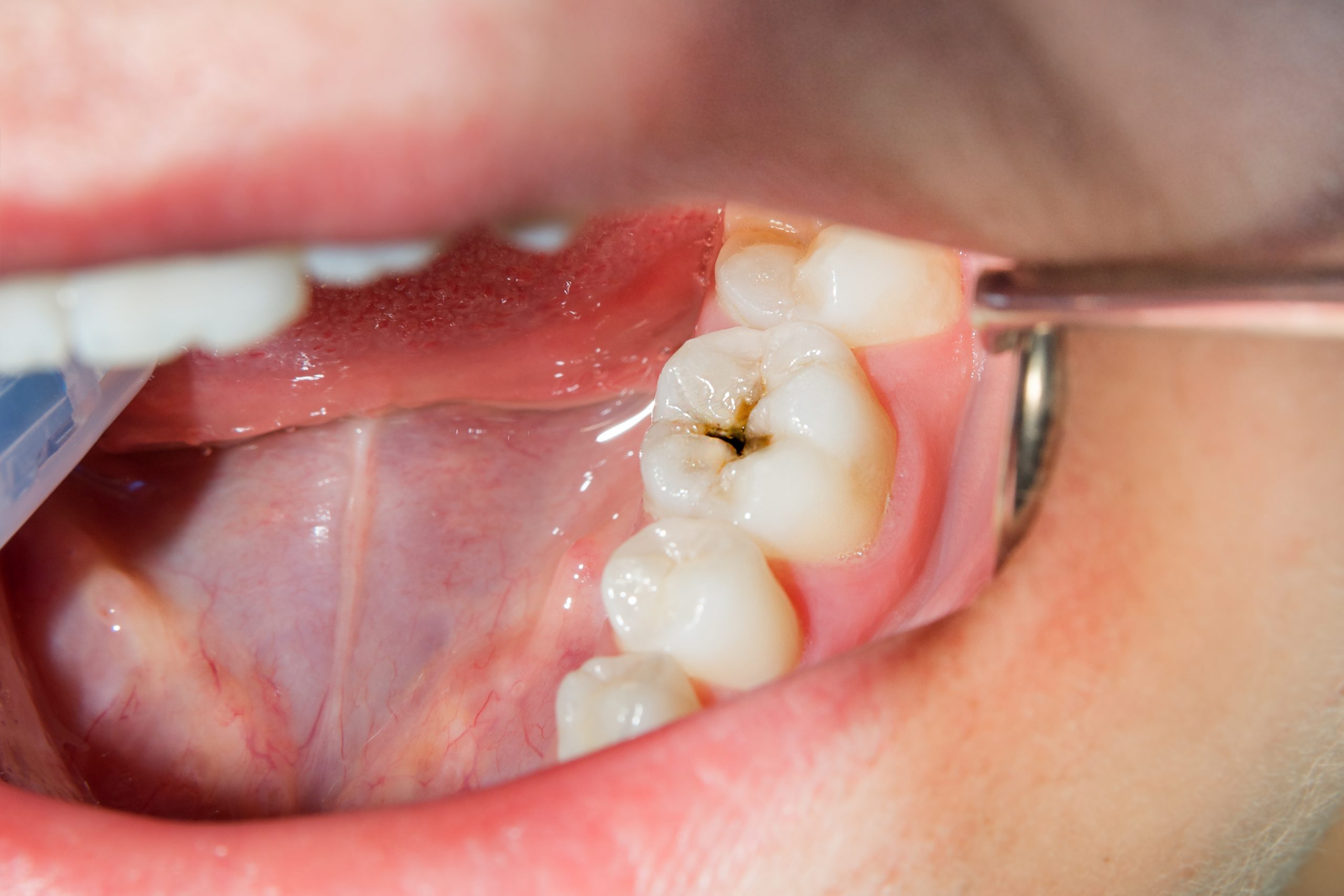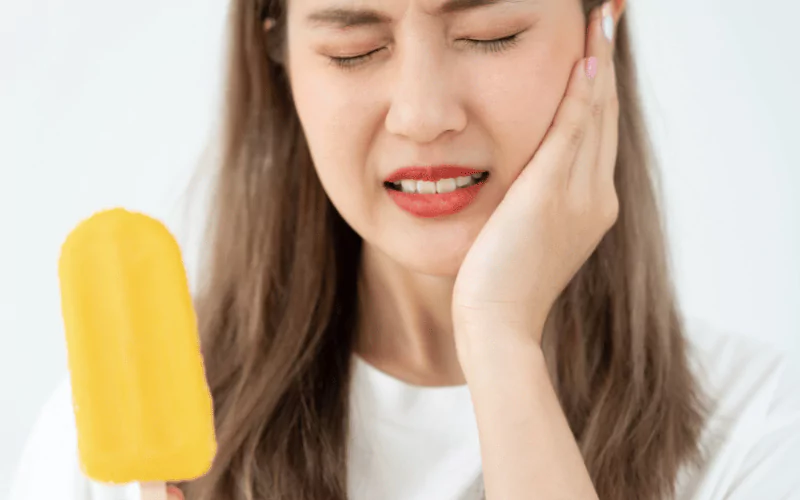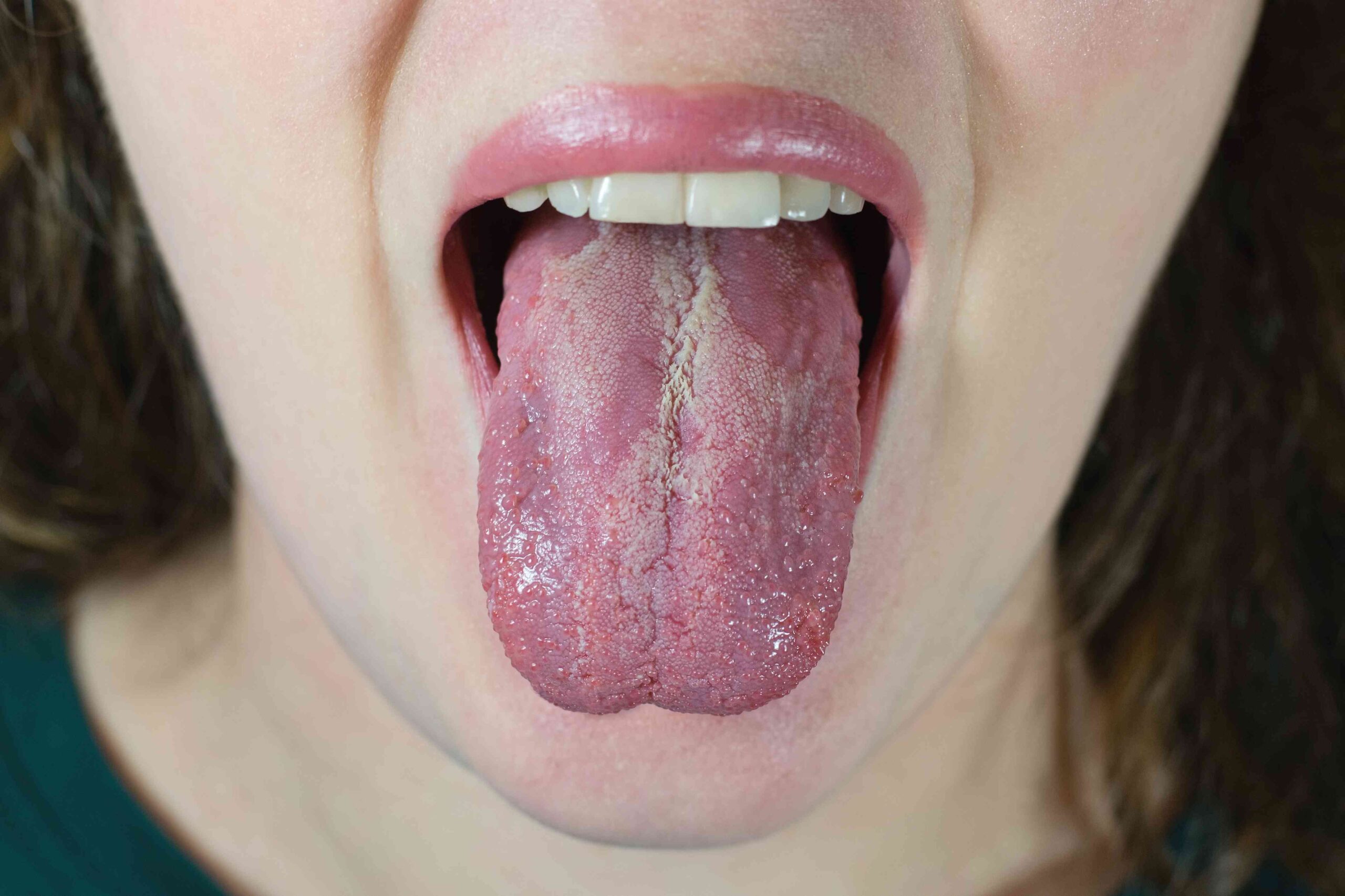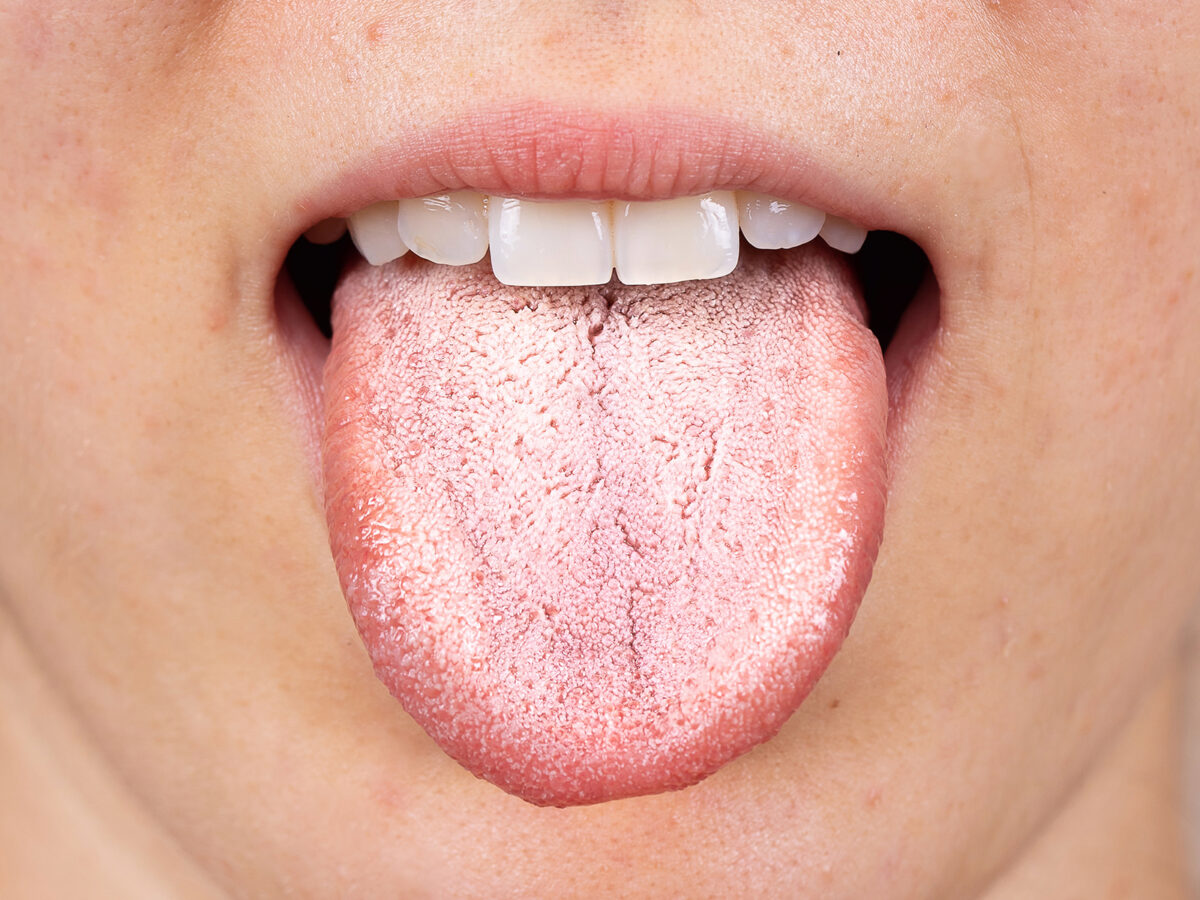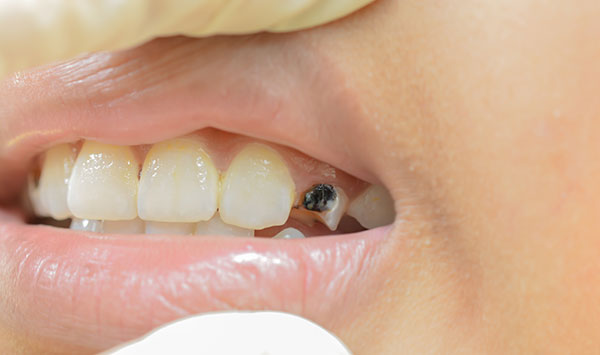What Is Tooth Sensitivity?
Tooth sensitivity — also known as dentin hypersensitivity — is pain or discomfort in teeth triggered by certain stimuli, such as:
-
Hot or cold drinks
-
Sweet or acidic foods
-
Brushing or flossing
-
Cold air
The discomfort may be sudden and sharp, but it can also linger — a sign that something deeper may be going on.
How Diet Impacts Sensitivity
Your daily diet plays a big role in maintaining enamel strength and preventing sensitivity. Acidic foods and beverages — like citrus fruits, soda, wine, and vinegar-based dressings — can erode enamel over time. Similarly, frequent snacking on sugary foods fuels bacteria that produce acid, further weakening your teeth. At Earth Dental Hospital, we advise patients to limit these triggers, drink plenty of water, and rinse after consuming acidic items to neutralize the pH in your mouth.
Sensitive Teeth After Dental Treatment
It’s not uncommon to experience temporary sensitivity after dental procedures such as fillings, crowns, or professional cleanings. This happens because your teeth may need time to adjust after the enamel is disturbed. In most cases, this sensitivity fades within a few days. However, if it persists or becomes more severe, it’s essential to return for a follow-up. Our team at Earth Dental Hospital carefully monitors post-treatment sensitivity and offers solutions to make your recovery more comfortable.
Long-Term Prevention and Care
Preventing tooth sensitivity begins with a strong oral care routine and regular dental checkups. Use a soft-bristled toothbrush and gentle brushing technique to avoid damaging your enamel and gums. Choose toothpaste specifically formulated for sensitive teeth, and don’t skip flossing — it helps remove plaque and keeps your gums healthy. At Earth Dental Hospital, we also provide personalized oral hygiene plans based on your unique needs, helping you maintain long-term comfort and dental wellness.
What Causes Sensitive Teeth?
Tooth sensitivity happens when the protective layer (enamel) wears down or gums recede, exposing the dentin underneath. This layer contains tiny tubules that lead to nerve endings, making your teeth more reactive.
Common causes include:
🪥 Brushing too hard
🍋 Acidic foods or drinks
😬 Teeth grinding (bruxism)
🦷 Tooth decay or broken fillings
👄 Gum disease or receding gums
Myths About Tooth Sensitivity
Let’s bust a few myths:
❌ Myth: It’s normal to have sensitivity as you age.
✔️ Truth: Sensitivity can increase with age, but it’s not “normal” and should always be checked.
❌ Myth: Whitening always causes permanent sensitivity.
✔️ Truth: Some people may feel temporary sensitivity after whitening, but it’s usually mild and manageable.
❌ Myth: Sensitive toothpaste is a gimmick.
✔️ Truth: Many desensitizing toothpastes contain ingredients like potassium nitrate or stannous fluoride that block pain signals effectively.
How to Treat Tooth Sensitivity
At Earth Dental Hospital, we tailor treatments based on the root cause. Common options include:
✅ Desensitizing toothpaste recommendations
✅ Fluoride treatments to strengthen enamel
✅ Dental bonding for exposed roots
✅ Nightguards for grinders
✅ Gum grafts or advanced periodontal care
When Should You See a Dentist?
If your sensitivity is persistent, worsening, or affecting daily life, it’s time to get it checked. Sensitive teeth can sometimes be a symptom of:
-
A cracked tooth
-
A cavity
-
Worn-down fillings or crowns
-
Gum infection
Delaying treatment can lead to bigger problems down the road.

